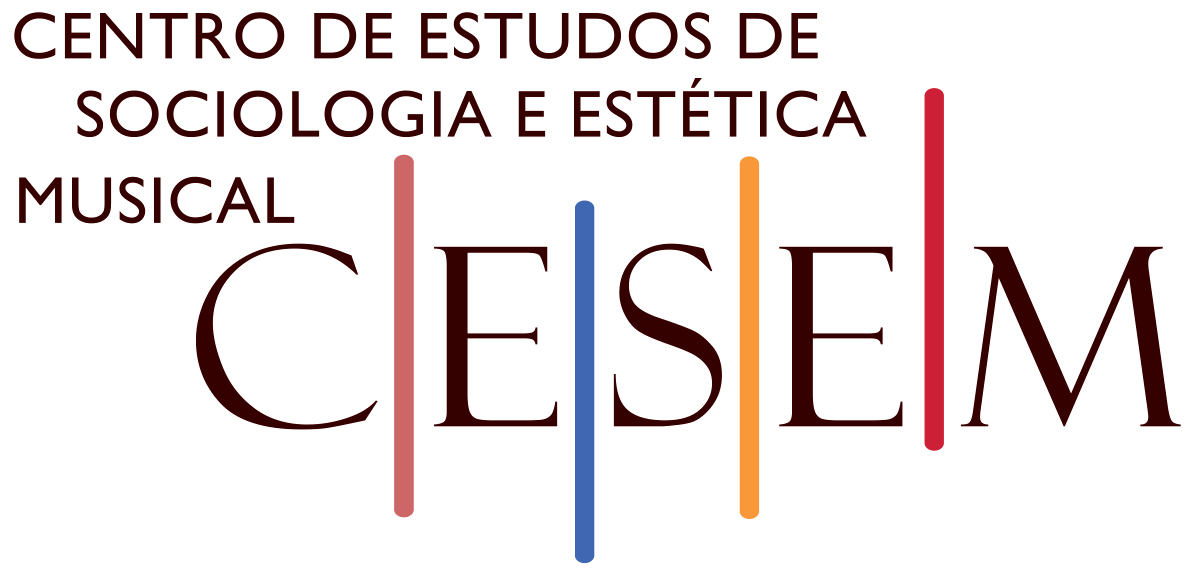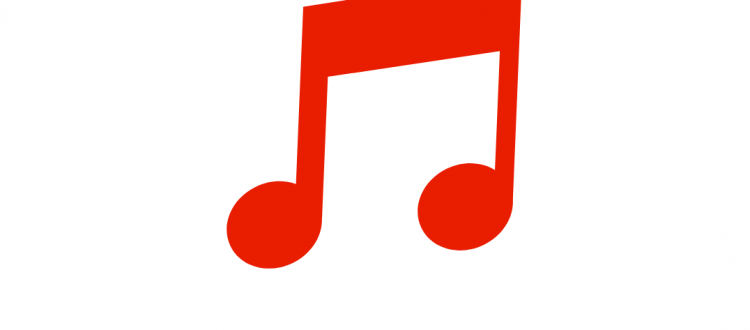(NOVO PRAZO) Chamada de apresentações Conferência Internacional: Like, share and subscribe Youtube, music and cyberculture before and after the new decade
In February 14th of 2005, Youtube was founded and grew to become the biggest online platform for video sharing. In these past 15 years, billions of audiovisual contents have been produced, shared, transformed, downloaded and consumed by billions of users worldwide, placing this website as a central hub for their daily lives while browsing the internet. While Youtube was – and still is – a recognized online space that provided new digital formats of content production and sharing, this platform also marked this past decade in the social, political and cultural spectrums of everyday life, creating new work logics and forms of labour (from DIY to self-made Youtubers), creative communities and social bubbles in this cyberspace. Alongside Youtube, the rapid and ever-growing technological developments of the internet shaped how modern life is, nowadays, always connected in a global cloud. From smartphones to laptops, from televisions to refrigerators, technology plays a central role in the current paradigm of connectivity, social networks and instant feedback culture. Music, in many ways, as a social device, is inseparable of these processes, being a key element of our daily routines. Music was progressively molded and adapted to the technological and social demands of the past years, but also took part in shaping in several ways the new technology itself. This dual connection enabled the predominance of music and its sociocultural practices in several online platforms, forums and specialized websites, while at the same time, the role of the user and their input is central to the participatory culture that defines the current era. The boundaries between users and producers are increasingly blurred, if not already inexistent, and many of the contents available online are the result of the individual investment of the producers, allowing to share their own personal interests with cybercommunities formed around specific objects.
Considering these aspects, it’s of the utmost relevance to discuss how musical practices – composing, listening, playing, teaching – have been transformed in the past fifteen years and what is to be expected and considered to be the future of music in the next decade of 2020. How was Youtube a trigger in the consolidation of new audiovisual formats online from its start? What are the new and reinvented forms of music production and consumption in digital spaces? Are these online platforms contributing to ease our daily lives? How is the internet transforming the creative industries and the agents who play a part in them? What are the main changes in music production and consumption in the industry of entertainment and audiovisual media? And also, how is the internet relevant for musicology, both as a tool and/or an object? This conference aims to gather students, academics, artists, teachers, composers, performers and other interested parties in the discussion and research on music, internet and cyberculture, inquiring about the role of the social, cultural and technological transformations in the digital paradigm regarding the consumption, circulation, production and remediation of music. Taking into account the 15th anniversary of Youtube and the start of a new decade of the 21st century, we are accepting and encouraging submissions within the following topics, although other subjects are also welcome:
- The role of Youtube in the musical paradigm from 2005
- Youtube as a tool, an object and/or a source for musicology and music education
- The impact and role of new technologies in composing and performing music
- New forms of music production, consumption and circulation online
- The uses of music in digital audiovisual contents and processes (films, tv, videogames, publicity, propaganda, social networks, etc.)
- Cybercommunities and fans, interactivity and participatory cultures
- Internet and the DIY discourse in music
- Impact and repercussions of digital culture in today’s way of life
- Cultural industries and digital aesthetics.
For any further questions, please contact Joana Freitas and/or João Francisco Porfírio with the address youtubeconference.cysmus@fcsh.unl.pt or cysmus.cesem@fcsh.unl.pt.
Essential informations:
Presentation lenght: 20 min + 10 min for discussion/questions
Deadline for submission: March 8
Proposal guidelines: abstract (c. 300 words) with a biographical note (c. 150 words) in a doc. file
Send to: youtubeconference.cysmus@fcsh.unl.pt
All the abstracts will be submited to a blind peer-review and the results and programme draft will be announced around April 15th.
A selection of papers will be published in a miscellaneous volume.
Keynote speaker:
Dr. Holly Rodgers (Goldsmiths, University of London)

